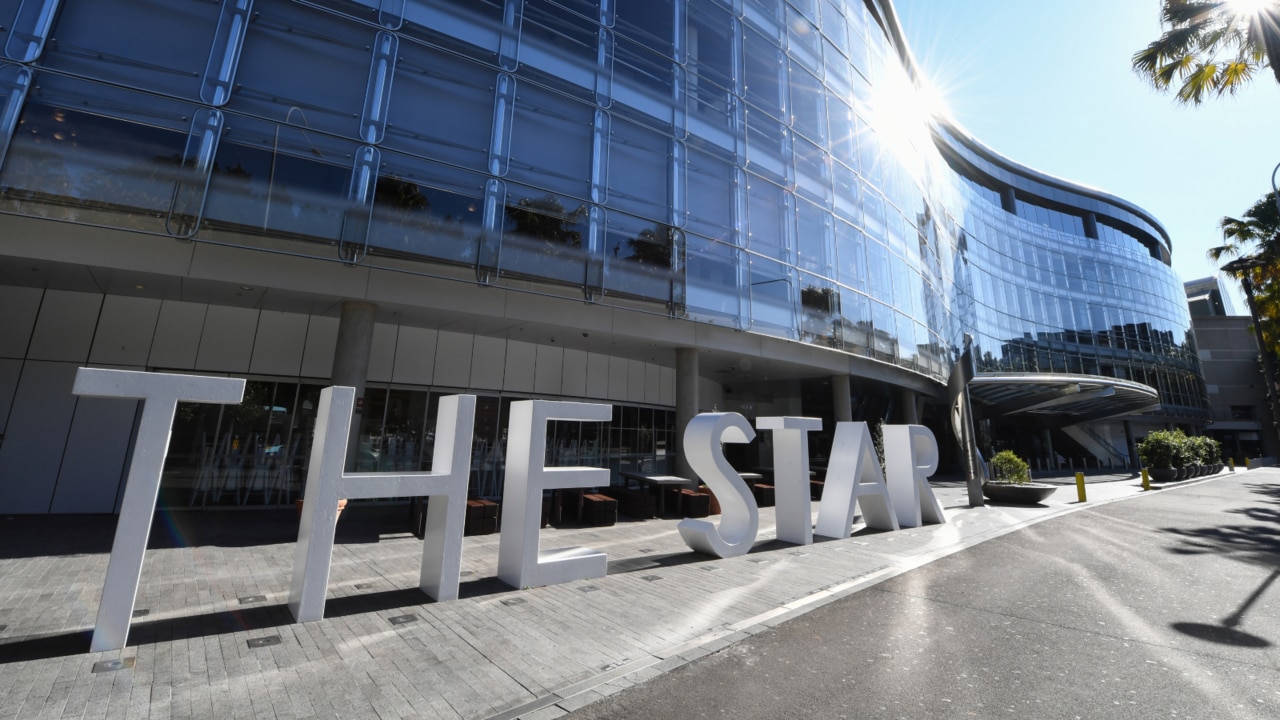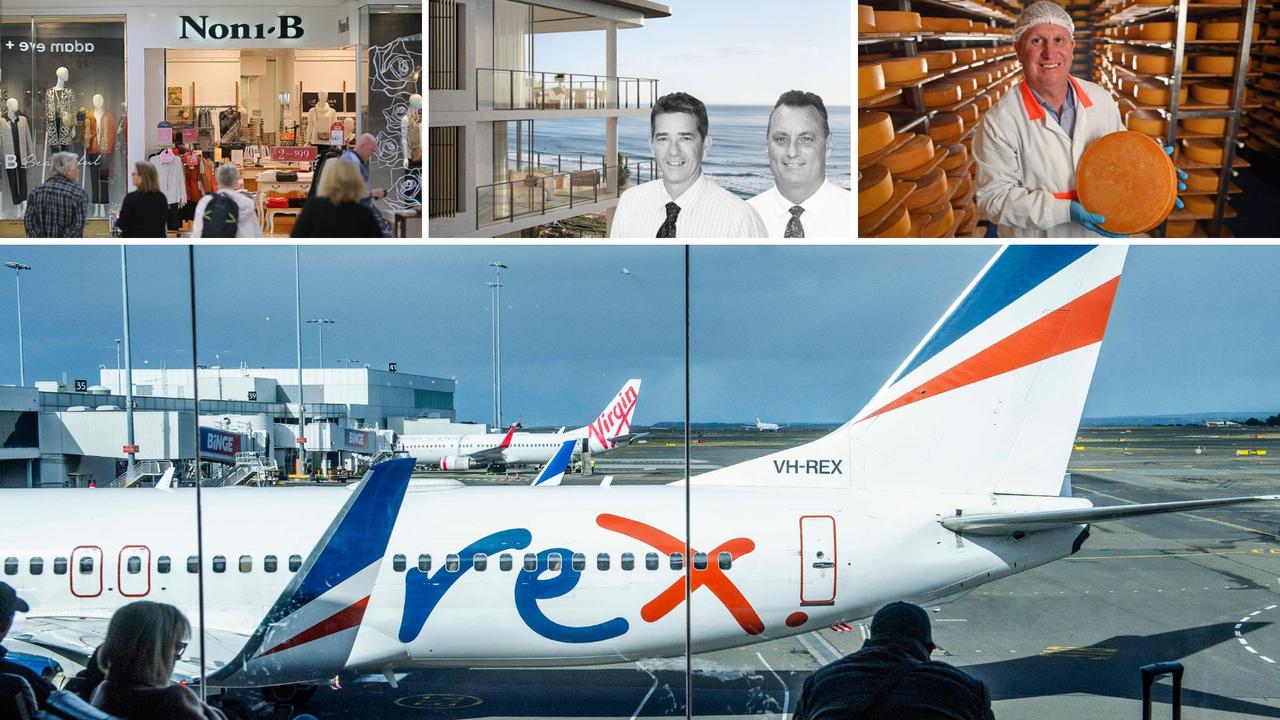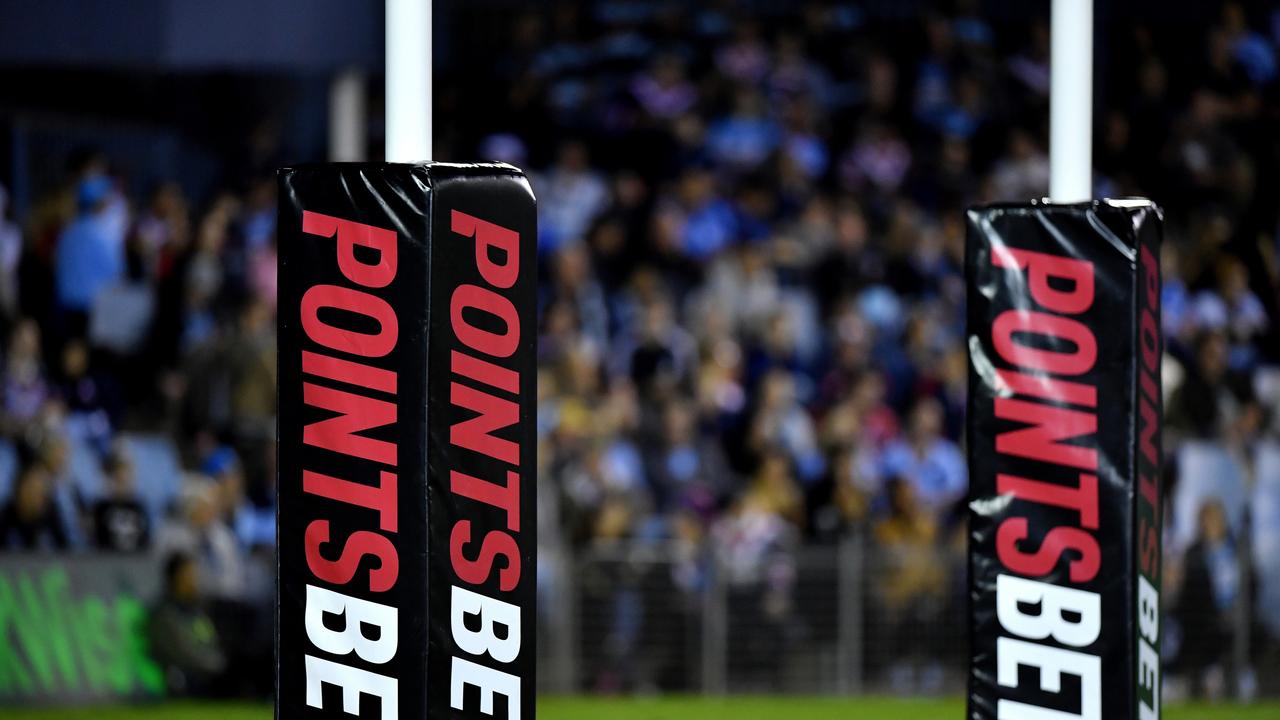Star still not suitable to keep Sydney licence, Bell II inquiry finds
The NSW Independent Casino Commission says the Bell II inquiry reveals continuing governance and cultural concerns at the suspended casino operator.

The NSW Independent Casino Commission (NICC) has thrown the future of troubled casino giant The Star Entertainment Group into doubt after declaring the findings of the Bell II inquiry validates continuing concerns about its governance and culture.
In a shock development, the powerful regulator said it is now considering the “next steps” for Star’s future after Adam Bell SC recommended it be required to undertake further remediation work if it is to keep its Sydney casino licence.
Mr Bell’s report, which was publicly released on Friday, said the regulator should take action on breaches in relation to cash transactions and a fraud linked to the malfunctioning of casino cash machines.
The release of the report forced Star into a trading halt on the ASX and delayed the release of its annual results, which had been due on Friday morning.
Mr Bell said The Star Sydney still required significant improvement in its governance processes and lacked the necessary degree of independence from the parent company Star Entertainment.
NICC chief commissioner Philip Crawford said the report revealed a company that had not moved quickly enough to address the governance and cultural concerns raised in the first Bell report.
“It has only very recently turned its attention to dealing with challenges that should have been prioritised earlier,” Mr Crawford said.
“It was unclear whether The Star could feasibly operate under less supervision, when it was exhibiting past behaviours with its licence still suspended.”
The second inquiry by Adam Bell SC earlier this year heard a litany of continuing problems at Star including fraud, falsification of gambling welfare checks and a war-like attitude to the regulator and its appointed manager Nicholas Weeks. Mr Weeks is also the manager of Star’s Queensland casino operations.

The inquiry heard allegations that then chief executive Robbie Cooke and chair David Foster accessed Mr Weeks’ diary to find out about meetings with lawyers and began “prepping for war”.
It also heard the men contemplated a class action from shareholders against Mr Weeks and the NICC. Steve McCann, a former chief executive at rival Crown Resorts, was named as group chief executive of Star in June, with the NICC making a rare public announcement that it welcomed the appointment.
NSW Gaming and Racing Minister David Harris said the government awaited the outcome of the NICC’s consideration of the report and would work through any implications from the commission’s decision when it was made. The Star employs 8000 people across its casinos in both NSW and Queensland, with its financial future of critical importance.
“The government is committed to a safe and responsible casino industry in NSW,” Mr Harris said. “Given the NICC has not yet announced its decision, it is not appropriate for the government to comment further at this time.”
Star Entertainment shares have slumped more than 50 per cent in the past year as investors hit the exit doors, and last traded at 45c each.
The NICC on Friday released two volumes of the three-volume report as it works through Mr Bell’s findings and any implications. The first Bell Report in 2022 deemed The Star unsuitable to hold a casino licence because of serious regulatory failures.
Mr Crawford said the latest report noted that newly appointed executives including Mr McCann brought important experience and expertise to the process of engagement with regulators, and remediation and cultural transformation.
That expertise would be vital if the NICC decided that The Star should remain as the operator of the Sydney casino, he added.
“The level of transparency and co-operation has certainly improved since their appointments,” Mr Crawford said.

However, the Bell report underscored the NICC’s concerns that it was not receiving all of the facts from The Star at a time when it needed certainty the company could fund and prioritise an urgent business turnaround.
“The NICC is responsible for regulating an industry that is highly vulnerable to criminal infiltration and we are tasked with setting regulatory standards that meet the community’s expectations,” Mr Crawford said.
The NICC said it was contemplating Mr Bell’s findings, including four compliance breaches, and would respond in due course.
Mr Bell said Star was still “falling short of what is required for suitability” with even its directors expecting the company would require continuing external monitoring or management after September 30 when Mr Weeks’ extended term ends.
Mr Bell also made a swathe of recommendations calling on Star’s board to improve its oversight of the company’s gambling operations.
He said if the NICC decided that The Star should retain its licence, the company’s constitution should be amended to impose more rigorous requirements for board independence. Mr Bell said those requirements should be similar to that of the board of Crown Sydney, which the NICC earlier this year determined to be satisfactory to retain its licence
The company’s constitution also should include a requirement for directors “to ensure it meet all regulatory agreements with the NICC”.
Mr Bell said the company’s group leadership team (GLT) operated in a “dysfunctional state” partly due to Mr Cooke’s management style.
“Although it should be emphasised that this was not the view of all members of the GLT, several of Star Entertainment’s executives who resigned during the relevant period indicated that his leadership was part of their reasons for leaving,” Mr Bell said. He also said the other reason for the dysfunction was the failure to have proper frameworks and processes in place to assist the leadership in discharging its responsibilities.
Star said it was “considering the report and implications it may have for disclosures concerning its financial results”.
Star was also finalising other disclosures in relation to its 2024 financial year results and other matters, including media reports about a $300m raise and a billion-dollar impairment.
The NICC noted its costs were funded through the casino supervisory levy, paid for by the casinos – not taxpayers.
It said the board of The Star has agreed to reimburse the full cost of the Bell inquiry totalling about $3m.
The Queensland government said Star’s Queensland casinos would continue to operate under the approved remediation plan and supervision of Mr Weeks and the Office of Liquor and Gaming Regulation.

Star this week opened the $3.6bn Queen’s Wharf integrated resort in Brisbane’s CBD two years later than expected.
Queen’s Wharf, which takes up 10 per cent of Brisbane’s CBD, has had a rocky road to completion, with lengthy construction delays, legal battles and a bruising casino inquiry. The project faced cost overruns of at least $260m.
“We note the release of the Bell II report and its findings that The Star remains unsuitable to hold a casino licence in New South Wales,” a spokesperson for Queensland’s Department of Justice and Attorney-General said. “We’ll continue to monitor the situation and work through any implications for The Star’s Queensland operations.”
Hunter Green IB director Charlie Green said he had been concerned for years about the debt tied up in Queen’s Wharf, which was developed by Star as part of a joint venture called Destination Brisbane Consortium (DBC).
“There has always been a lack of transparency about the value of that investment,” Mr Green said.






To join the conversation, please log in. Don't have an account? Register
Join the conversation, you are commenting as Logout